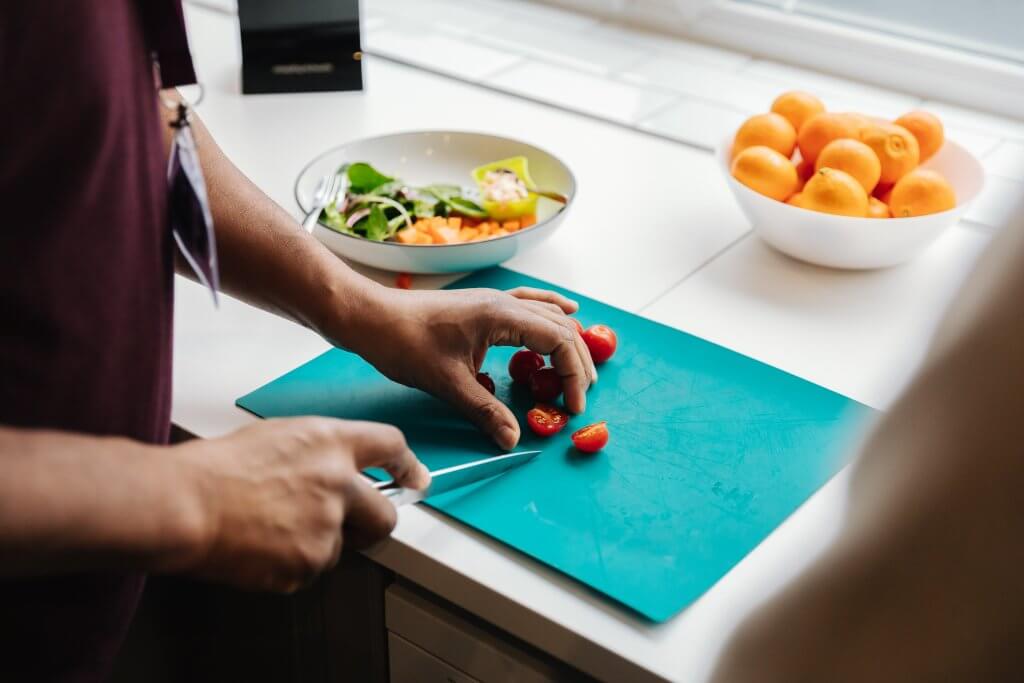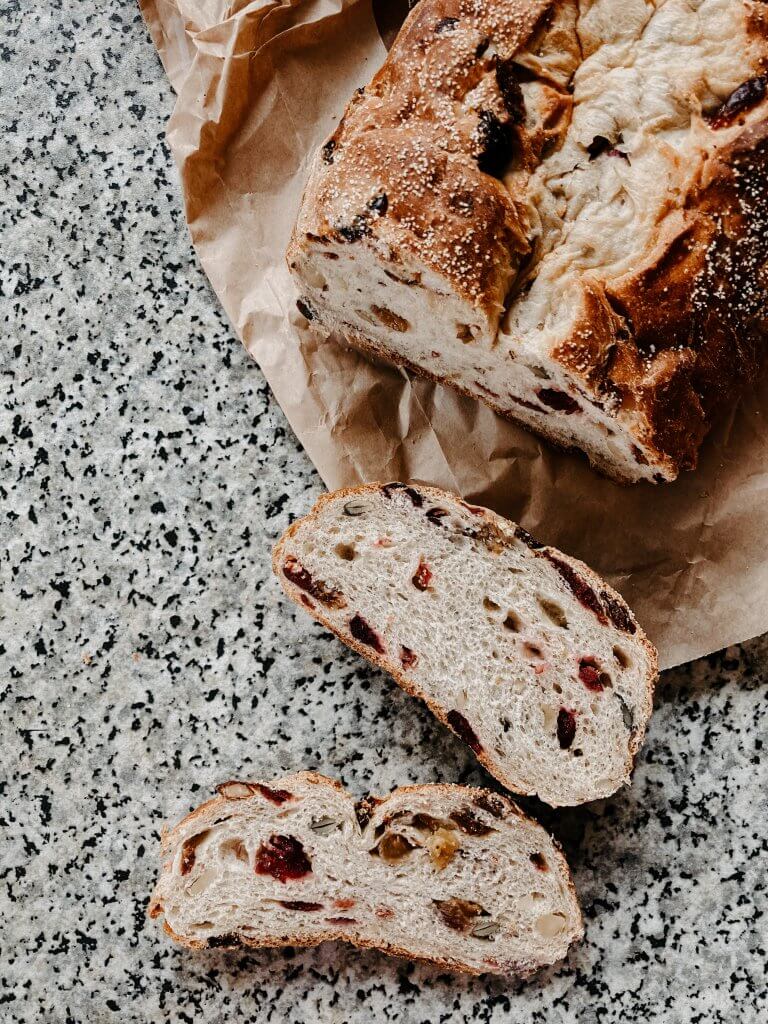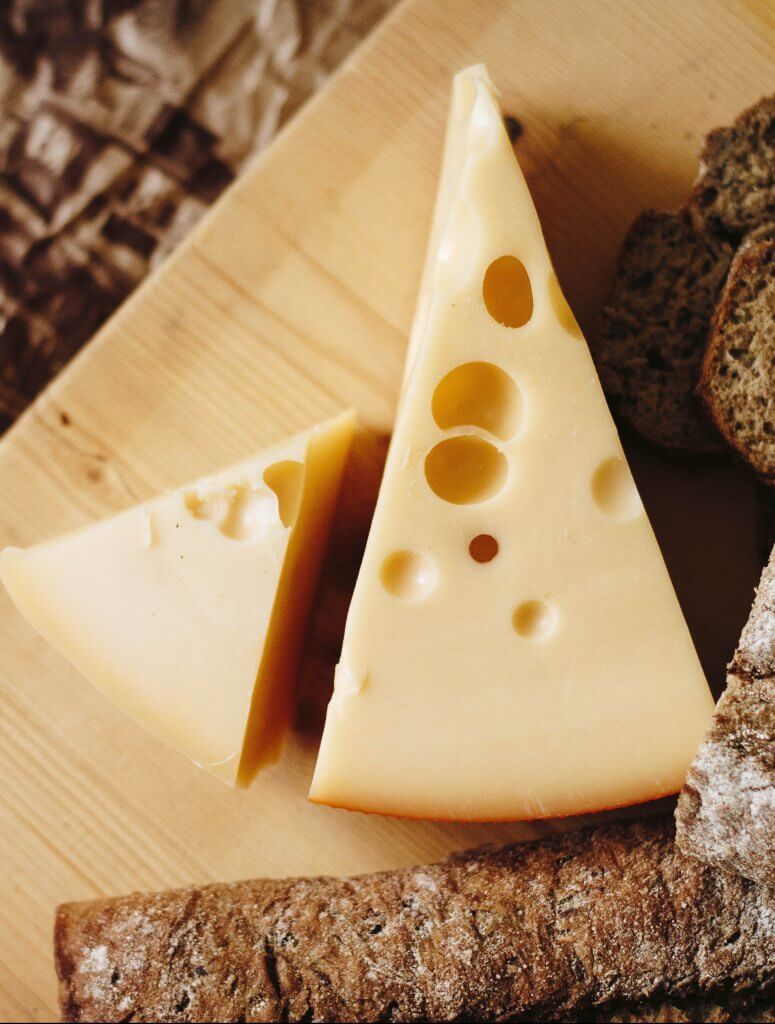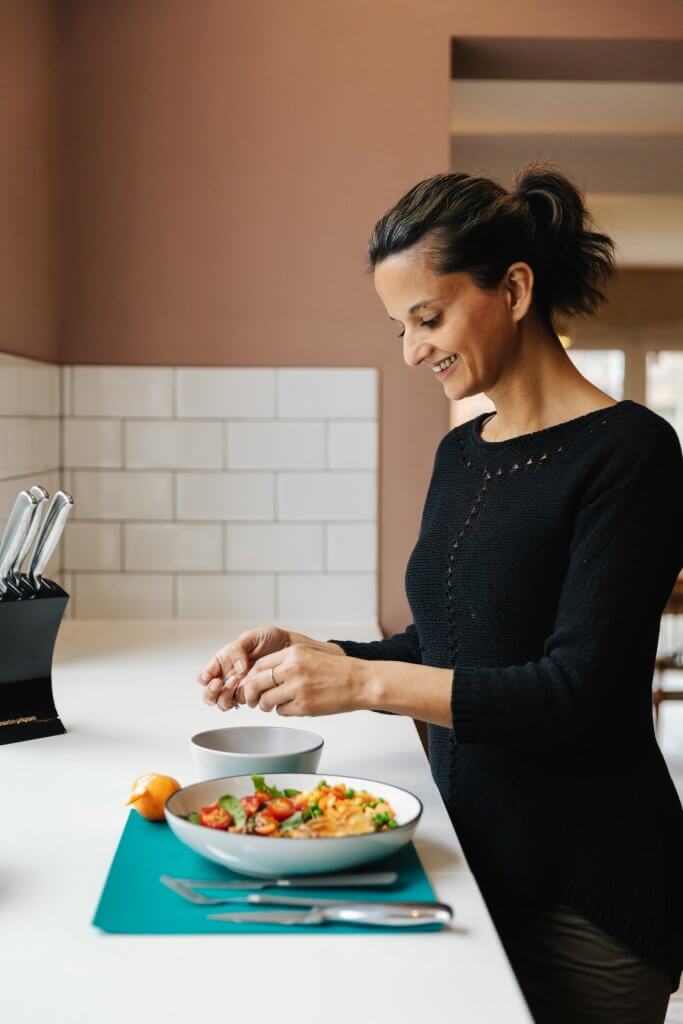You are what you eat: food that can reduce your risk of common cancers in older age

Research suggests that about 70% of the common cancer risk factors you face are partially or entirely within your control. People tend to focus on the obvious risk factors that we know can cause cancer, like smoking or obesity. However, what you eat can significantly reduce your risk of developing common cancers.
It’s important to remember that many factors determine the likelihood of getting cancer.
Some of the risk factors are genetic traits and environmental factors, which are beyond your control. Hopefully, you can change some obvious behaviours to minimise your risk, such as avoiding smoking, limiting your alcohol intake, maintaining a healthy weight, and getting regular exercise. These are all great ways of preventing cancer.
If you have a history of cancer in your family, changing your diet and behaviours can make a big difference to your long-term health. And if you’ve already been diagnosed with cancer, eating a healthy and balanced nutritious diet can help support your mood and strengthen your body during this challenging time.
What to eat to reduce your risk of developing some common cancers
Most research indicates that a healthy balanced diet prevents approximately 1 in 20 cancers.We need to think of our diet as divided into the everyday foods we eat and the occasional foods we can enjoy now and then. You don’t need to have strict rules, and it’s about getting a good balance between both types.The everyday foods part of your diet should include:
- More fruit and vegetables: When serving a meal, make sure that at least half of your plate is vegetables or fruit.
- More foods high in fibre: The best source of fibre comes from whole grains, which can reduce your risk of bowel cancer. Wholegrain foods include brown bread, brown pasta or brown rice and snacks like plain popcorn. Eating these foods also helps you maintain a healthy weight by keeping you feeling fuller for longer.

- Less processed and red meat: One way to achieve this is to have meat-free days in your week. ‘Meat Free Monday’ is quite popular now, for example. You can also swap to healthier proteins. You could try to use pulses (for example, lentils and beans), fresh chicken or fresh fish instead of meat.
- Moderate amounts of dairy or dairy alternatives: It’s OK to eat these as part of a healthy and balanced diet, and the British Dietetic Association recommends you aim for three portions or so of dairy foods per day. It’s a good source of protein, calcium and other vitamins. However, fat and sugar can vary quite significantly between products, and try to choose low sugar, low-fat options where possible.

The occasional foods part of your diet can include things that you enjoy now and then, but they shouldn’t make up a big part of your everyday diet. These foods vary from person to person and might include cake, chocolate, biscuits, crisps and takeaways.Keep an eye on your portion sizes. Correct portion sizes are critical to a healthy diet, and your hands are a helpful guide here. For example, for dried pasta or rice – one portion should be two handfuls, and for chicken – one portion should be about half the size of your hand.‘Studying the effect of what we eat on cancer risk is difficult because our diets are made up of lots of different types of food and drink. But there is good evidence that having an overall healthy diet can reduce the risk of developing bowel cancer. There are some foods that are directly linked to cancer, but our overall diet is more important than these individually.’ - Cancer Research UK
Clearing up a few cancer food myths
Some excellent research from Cancer Research UK helps clear up a few misconceptions and misunderstandings about the foods that can cause or prevent some common cancers from developing. Their findings include:
- Eating fresh or tinned tomatoes does not affect cancer risk
- Eating ‘Superfoods’ (like blueberries, broccoli, raspberries and other fruits and vegetables) does not on its own reduce the risk of cancer. However, it’s true that as part of a healthy, balanced diet, they can help do that
- Eating sugar doesn’t cause cancer
- Drinking green tea does not reduce the risk of cancer
- Eating soy products does not increase or decrease the risk of cancer
- Eating ‘burnt food’ (acrylamide) does not cause cancer.But some foods with acrylamide (for example, burnt toast, crispy potatoes, biscuits, coffee, bread, crisps and chips) can make it harder to keep a healthy weight
- Using artificial sweeteners such as sucralose or aspartame (found in diet drinks, for example) does not cause cancer in humans.

Some dietary habits can have an influence on reducing your risk of developing cancer. Most research indicates that a healthy balanced diet prevents approximately one in 20 cancers and can make the most crucial difference. The key things to remember are having more fibre in your food, eating less processed and red meat, and having only moderate amounts of dairy or dairy alternatives.It’s essential tokeep an eye on your portion sizes too. If you have a history of cancer in your family, making minor changes to your eating habits now can make the most significant difference to your long-term health. And if you’ve already been diagnosed with cancer, eating a nutritious diet can help support your mood and strengthen your body.